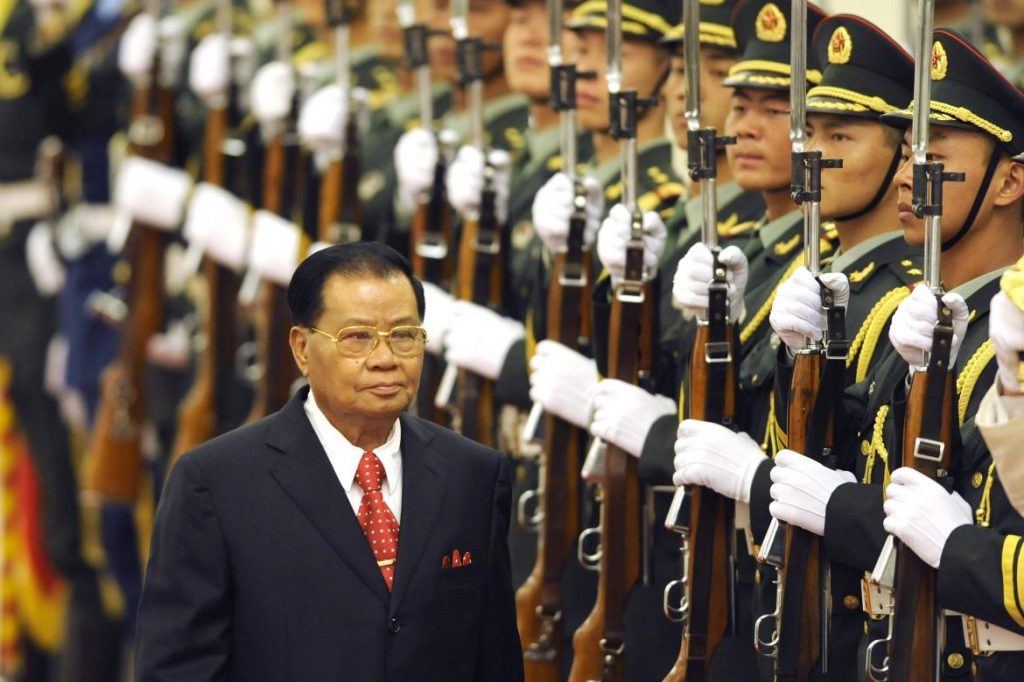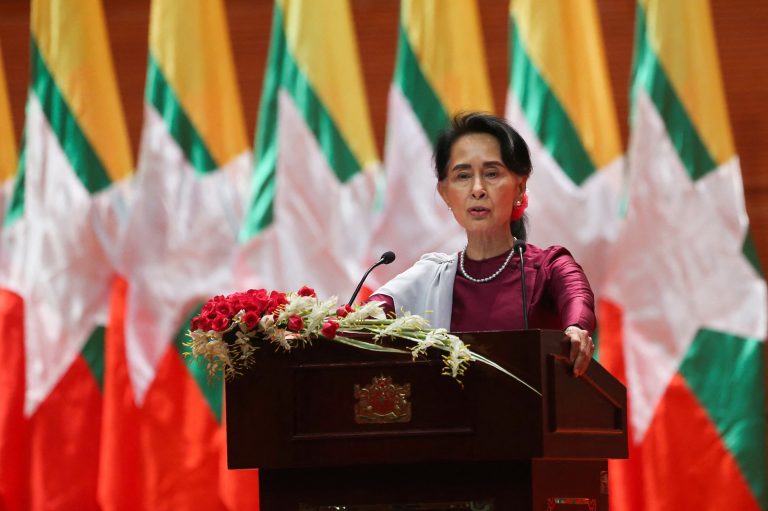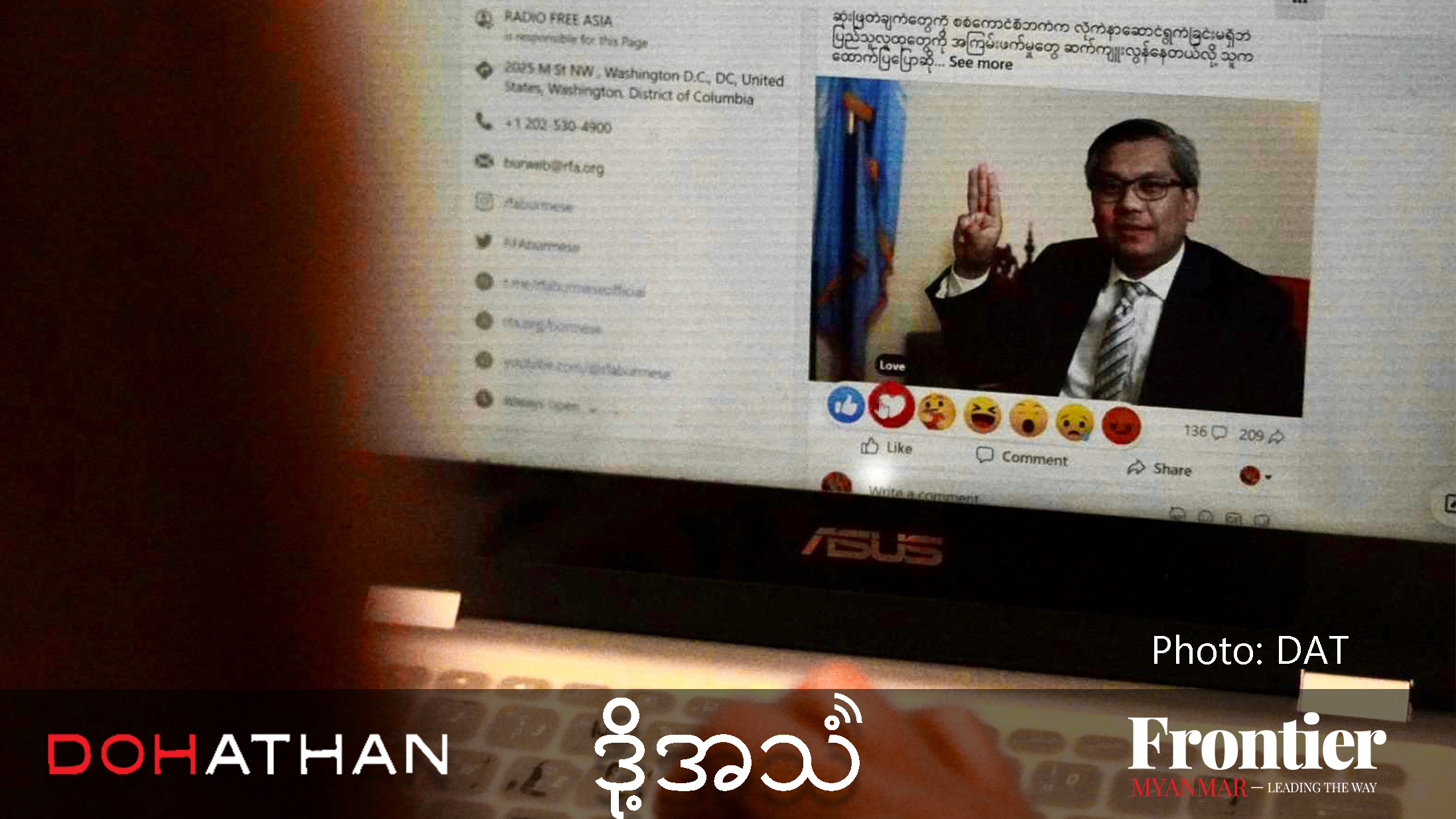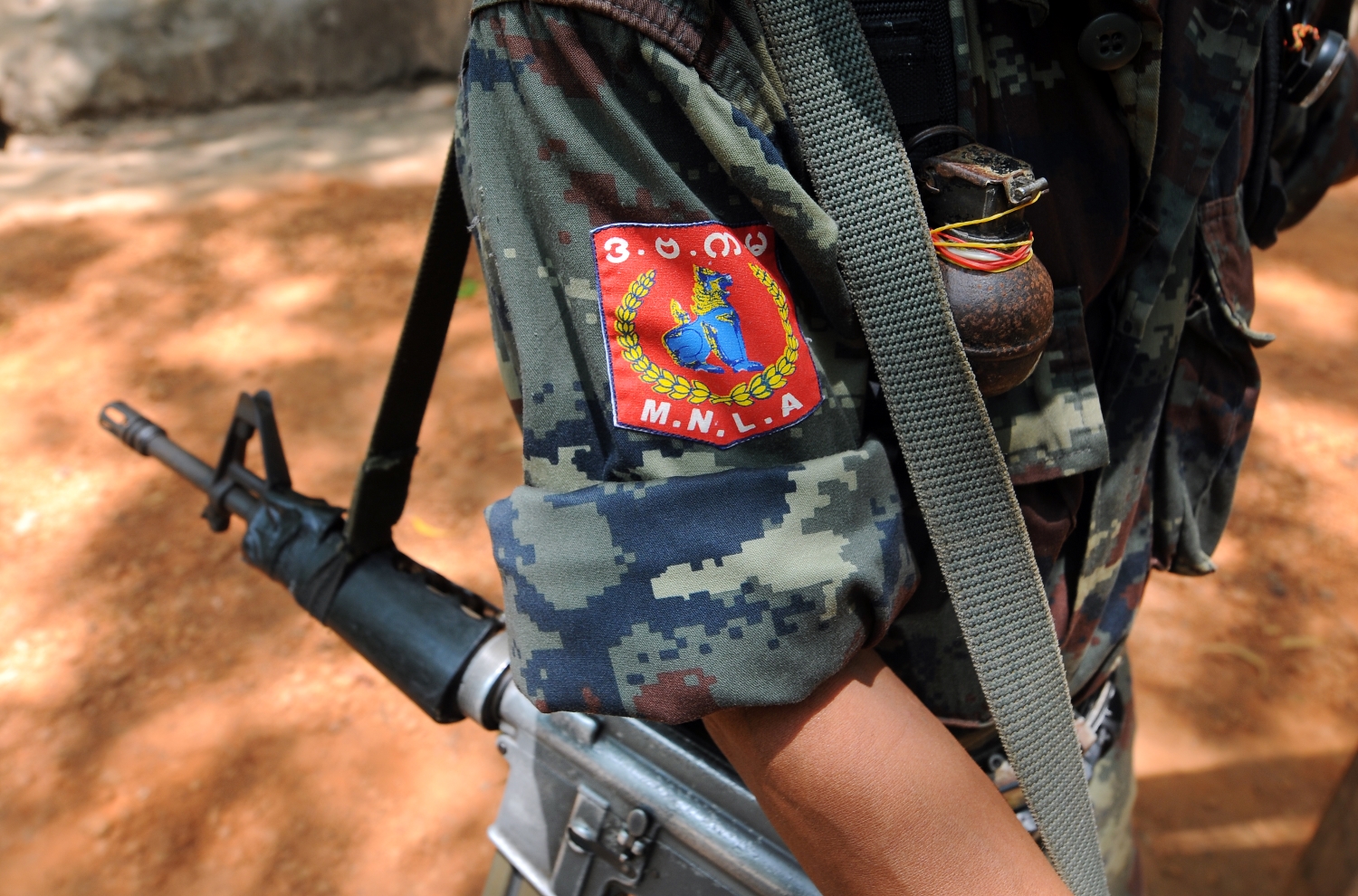The truth was a frequent casualty in print media coverage of the election campaign in 2010.
Thura U Shwe Mann was rubbed out in Nay Pyi Taw ahead of the 2010 election but it had nothing to do with a party purge. The censors at the Press Scrutiny and Registration Division ordered his name removed from a Myanmar Times report about Union Solidarity and Development Party candidates in the capital.
He wasn’t alone in having his name expunged from the report, which had begun by saying that voters in half of the 10 constituencies in the Nay Pyi Taw Union Territory would have only two parties to choose from in the November 7 election. One was the USDP and the other was the pro-junta National Union Party, which had been humiliated in the 1990 election, winning 10 seats to the National League for Democracy’s 392.
The excised names were included in a sentence that began: Several senior government officials will stand for election as USDP candidates … Then the red pen came out, depriving readers of knowing that the USDP candidates for election to the Pyithu Hluttaw in Nay Pyi Taw included State Peace and Development Council member Thura U Shwe Mann (who was standing in Zeyathiri constituency], Secretary-1 of the SPDC Thiha Thura U Tin Aung Myint Oo (Pobbathiri), Prime Minister U Thein Sein (Zabbuthiri) and Minister for Home Affairs U Maung Oo (Tatkon).
They were the only names ordered cut from the story.
The truth was also an casualty in a feature report headlined ‘Voters facing information hurdles’, which must have sent a little frisson of satisfaction through censorship headquarters on Wingaba Road.
Support more independent journalism like this. Sign up to be a Frontier member.
The first excision from the report was a statement that the 2010 election “is the country’s first in more than 20 years”. Next to get the chop was sentence about the election campaign being “a period of expectation, not only for the 37 registered political parties, but also for the people who have been seeking change for more than two decades”.
A possible reason for the red pen ruling against this sentence was the word ‘change’. It was learned when I was editing the Myanmar Times in the early noughties that ‘change’ was banned from headlines because it discombobulated Senior General Than Shwe. (It was also learned that he read the Myanmar Times.) Then came a cut that reflected the essence of the story, about most citizens never having voted in an election or experienced democracy. Take that out, said the censors, and the next sentence, too. It said: “Many are confused about the election and lack the information necessary to make an informed decision”.
How could they not be confused if essential information was being censored, such as the names of USDP candidates in the Union capital territory?
A report about political parties welcoming a decision by the Union Election Commission permitting them to make campaign speeches on state radio and television was censored because of reference to censorship. The report explained how the decision granted parties 15-minute broadcasts, up from 10 minutes in 1990, and listed stringent conditions.
Parties were required to submit campaign speeches no longer than seven A4 pages to the UEC at least seven days ahead of the designated broadcast time for “scrutinising”. The directive prohibited nine topics from being discussed, including that parties must not “abuse religion for political ends”. How times have changed. I am referring to the UEC’s decision to disqualify most Muslim candidates from this year’s election. If that is not an abuse of religion for political reasons, what is it?
The election broadcast decision caused concern among independent candidates, one of whom was quoted as saying the UEC would be asked to grant them the same rights as parties. “Like the parties, we also need to explain our policies to the people,” said the independent, U Ba Tint Swe, who stood as a Pyithu Hluttaw candidate in North Okkalapa. “But it seems we will only have journals to tell people what we want to say …” but what he said next was censored, viz: “ … and the journals themselves face censorship”. (Weekly newspapers are known in Myanmar as journals.)
Rejected for publication in the September 20 issue of the Myanmar Times, was an interview about the election with Dr Thitinan Pongsudhirak, director of the Institute of Security and International Studies at Chulalongkorn University in Bangkok. It had been headlined ‘The bright day for democracy’. In Myanmar, the sun is still rising.







